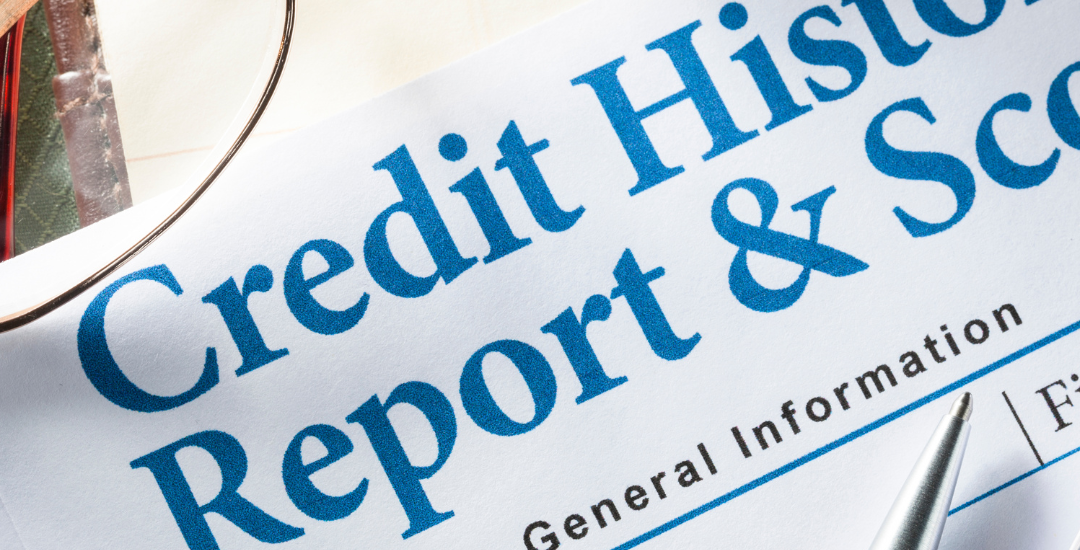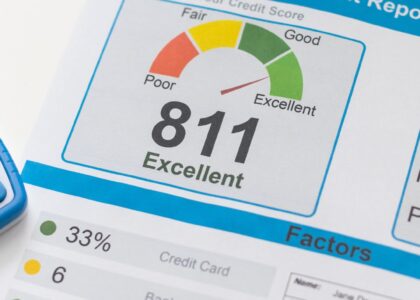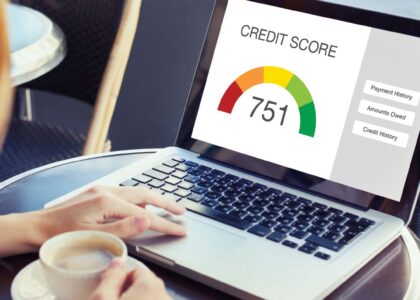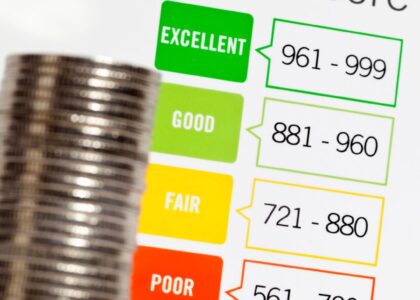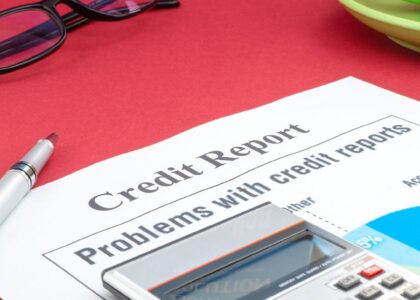Having good credit is crucial for many financial transactions, such as obtaining a loan or credit card, renting an apartment, or even applying for a job. However, maintaining a good credit score can be challenging, especially if you have faced financial setbacks or made mistakes in the past. That’s where credit repair comes in.
Credit repair is the process of improving your credit score by identifying and addressing errors on your credit report, negotiating with creditors to remove negative information, and implementing strategies to improve your credit usage and payment history. While credit repair may seem daunting, there are many resources available to help you navigate the process and improve your credit score.
In this article, we will discuss the basics of credit repair and how it can help you improve your credit score. We will also provide tips and resources for checking your credit score, finding your credit score for free, and choosing the best sites to check your credit score. By the end of this article, you’ll be equipped with the knowledge and tools to start repairing your credit and improving your financial future.
What is Credit Repair?
Credit repair is the process of identifying and addressing errors and discrepancies on your credit report, negotiating with creditors and collection agencies to remove negative information, and implementing strategies to improve your credit score over time.
There are many reasons why you may need credit repair. For example, you may have made late payments, missed payments, or defaulted on a loan or credit card. You may have been the victim of identity theft, which can result in fraudulent accounts or inaccurate information on your credit report. Or, you may have simply made mistakes in managing your credit and need to improve your habits and usage.
Regardless of the reason, credit repair can help you take control of your credit and improve your financial future. By working with a credit repair agency or doing it yourself, you can identify errors and inaccuracies on your credit report and take steps to correct them. You can also negotiate with creditors and collection agencies to remove negative information or make payment arrangements that work for your budget.
In the next sections, we will explore how to check your credit score, find your credit score for free, and choose the best sites to check your credit score to help you with your credit repair journey.
How to Check Your Credit Score
Checking your credit score is an important first step in credit repair. By knowing your credit score, you can assess your current financial situation and identify areas for improvement. There are several ways to check your credit score, including online resources and credit reporting agencies.
One of the easiest ways to check your credit score is through an online credit monitoring service, such as Credit Karma or Credit Sesame. These services offer free credit scores and reports, as well as credit monitoring and alerts for changes to your credit report. To use these services, simply create an account, provide some basic information about yourself, and you’ll be able to access your credit score and report in a matter of minutes.
Another way to check your credit score is through the three major credit reporting agencies: Equifax, Experian, and TransUnion. By law, you are entitled to one free credit report per year from each of these agencies, which you can request online, by phone, or by mail. However, keep in mind that these reports do not always include your credit score, and you may need to pay an additional fee to access it.
If you want to check your credit score now, many credit card companies also offer free credit score tracking as a perk for their customers. Check with your credit card issuer to see if they offer this service and how to access it.
It’s important to note that while checking your credit score online is generally safe, you should be cautious about providing personal and financial information to any website or service. Stick to reputable and secure sites, and avoid any sites that require payment or ask for sensitive information like your Social Security number or bank account details.
Finding Your Credit Score for Free
If you’re looking to find your credit score for free, there are several options available to you. As mentioned in the previous section, online credit monitoring services like Credit Karma and Credit Sesame offer free credit scores and reports. These services also offer credit monitoring and alerts for changes to your credit report.
Another option is to check your credit score through your bank or credit card issuer. Many banks and credit card companies now offer free credit score tracking as a benefit for their customers. Check with your bank or issuer to see if they offer this service and how to access it.
You can also get a free credit score and report from the three major credit reporting agencies: Equifax, Experian, and TransUnion. By law, you are entitled to one free credit report per year from each of these agencies. To request your report, visit annualcreditreport.com and follow the instructions provided.
It’s important to note that while these services may offer your credit score for free, they may also include advertisements for financial products and services. Be sure to read the fine print and understand any terms and conditions associated with the service before signing up.
By finding your credit score for free, you can stay on top of your credit and take steps to improve it over time. Knowing your credit score is an important part of credit repair, and can help you identify areas for improvement and set goals for your financial future.
The Best Site to Check Your Credit Score
With so many options available for checking your credit score, it can be hard to know which site is the best. Ultimately, the best site for you will depend on your specific needs and preferences.
Credit Karma and Credit Sesame are both popular options for checking your credit score and report for free. These sites offer a variety of tools and resources to help you monitor and improve your credit, as well as personalized recommendations for financial products and services.
If you’re looking to access your credit score through one of the major credit reporting agencies, myFICO.com is a good option. While this site does charge a fee for accessing your credit score, it provides detailed information about your credit history and how your score is calculated.
Other options for checking your credit score include your bank or credit card issuer, which may offer free credit score tracking as a benefit for their customers. Check with your bank or issuer to see if they offer this service and how to access it.
Ultimately, the best site for checking your credit score is one that you trust and feel comfortable using. Be sure to read reviews and do your research before signing up for any credit monitoring service, and always be cautious about providing personal and financial information online.
Is it Okay to Check Your Credit Score Online?
Yes, it is generally safe and okay to check your credit score online. In fact, checking your credit score regularly is an important part of managing your credit and improving your overall financial health.
However, it’s important to be cautious when providing personal and financial information online. Before sharing any sensitive information, be sure to verify that the website or service is legitimate and secure.
Look for a padlock icon in the address bar, and make sure the website’s URL begins with “https” rather than “http.” Additionally, be wary of unsolicited emails or phone calls requesting your personal or financial information.
When checking your credit score online, be sure to use reputable and well-known services like Credit Karma, Credit Sesame, or myFICO.com. These sites have established reputations for protecting users’ personal and financial information, and are regularly audited and monitored for security.
It’s also important to remember that checking your credit score does not affect your credit. This is because checking your own credit score is considered a “soft” inquiry, which does not impact your credit score in any way.
In summary, checking your credit score online is generally safe and okay as long as you use reputable and secure services. By regularly checking your credit score, you can stay on top of your credit and take steps to improve it over time.
Your credit score is an important part of your financial health, and regularly checking it can help you stay on top of your credit and make informed financial decisions.
There are many ways to check your credit score for free, including through online services like Credit Karma and Credit Sesame, as well as through major credit reporting agencies like myFICO.com. By using these services, you can access your credit score and report, as well as additional tools and resources to help you improve your credit over time.
While it’s important to be cautious when providing personal and financial information online, checking your credit score online is generally safe and okay. Just be sure to use reputable and well-known services, and take steps to protect your information by verifying that websites are secure and legitimate.
In conclusion, if you’re looking to check your credit score for free, there are many options available to you. By taking the time to regularly monitor your credit and make informed financial decisions, you can improve your credit over time and achieve your financial goals.

